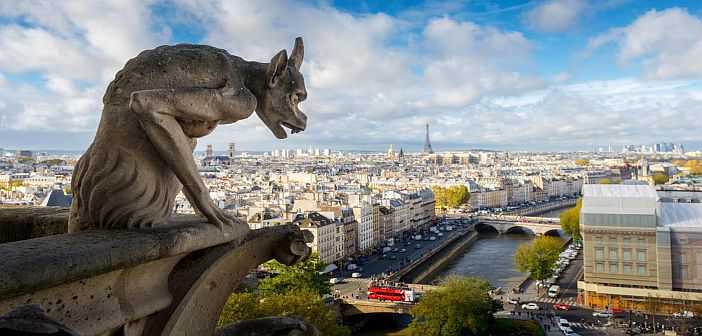Are public archaic structures (state nobility, caste of elected officials, elective monarchy) at the root of France’s economic lethargy and pessimism?
If you answer “France,” you will see dreaminess in their eyes. Disneyland France: its castles, its cathedrals, its Romanesque churches, its old villages, its museums, its artists, the richness and diversity of its landscapes, its wines, its gastronomy, its language, its climate, and more generally, its art of living…
Yet, international comparative studies regularly remind us that the morale of the French is among the lowest in the world.
Conversely, other studies highlight the tremendous assets of our country, the dynamism of our multinationals and our entrepreneurs, who line up “success stories,” demonstrating creativity, imagination, and innovation.
International statistics rank France quite high in terms of average income per capita. Its social system is considered one of the most generous, and the healthcare system is probably the best in the world due to the quality of its professionals and the ease of access to care.
But “France has become the most unequal country,” say OECD statistics.
The paths to reform are known, but the will is lacking.
We can endlessly discuss the various proposed reforms, but in the face of the awakening of multiple conservatisms and corporatist reactions, within the Franco-French microcosm, without a true reform of the political “caste,” the effects will remain symbolic.
The Revolution designed its own system of elite manufacturing… copied from the Old Regime.
The Nation, always needing elites, saw the Revolution and then Napoleon Bonaparte develop the system that, from passage to passage, is the one in place today.
More than two hundred years ago, it was truly revolutionary, in the good sense of the word.
But, precisely, that was two hundred years ago!
by Garibaldino


